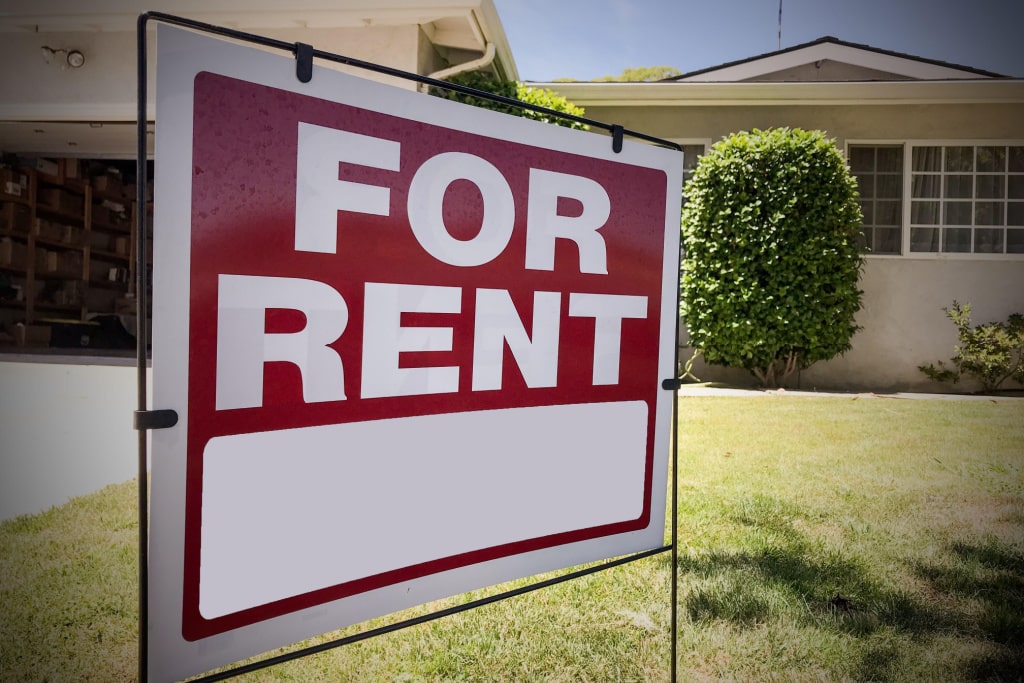California’s housing market is among the most expensive in the United States. As a tenant, understanding rent control laws is crucial for protecting your rights and ensuring fair treatment by your landlord. One of the most significant pieces of tenant protection legislation in California is the Tenant Protection Act of 2019 (AB 1482), which introduced statewide rent control and just cause eviction measures. This article delves into the essential details of California’s rent increase laws as they apply in 2024.
Key Provisions of California’s Rent Control Laws in 2024
- Annual Rent Increase Cap: AB 1482 places a limit on how much a landlord can increase your rent in a 12-month period. For 2024, the maximum allowable increase is typically 5% plus the percentage change in the local Consumer Price Index (CPI), or 10%, whichever is lower. The CPI measures inflation in your region.
- Just Cause Eviction Protections: Under AB 1482, landlords must have “just cause” to evict a tenant. This means there must be a legitimate reason, such as nonpayment of rent, violation of lease terms, or creating a nuisance.
- Exemptions from Rent Control: Certain types of housing are exempt from AB 1482’s rent control provisions, including:
- Single-family homes (if not owned by corporations or investment trusts)
- Condominiums
- Buildings constructed within the last 15 years
- Dormitories
Calculating Allowable Rent Increases in 2024
- Determine your local CPI: The CPI for your area can often be found on the websites of government agencies, such as:
- California Department of Industrial Relations: https://www.dir.ca.gov/
- US Bureau of Labor Statistics: https://www.bls.gov/
- Example Calculation:
- Let’s say your current rent is $2,000 per month.
- Your local CPI increased by 3% over the past year.
- The maximum allowable rent increase would be:
- 5% of $2000 = $100
- 3% of $2000 = $60
- Total allowable increase = $100 + $60 = $160
- Since the total increase can’t exceed 10%, your landlord can raise your rent by a maximum of $200 (10% of $2000).
Notice Requirements for Rent Increases
Landlords in California must follow specific notice requirements when increasing rent:
- 30-day Notice: Standard for increases under 10%.
- 90-day Notice: Required for increases exceeding 10%.
Notice must be provided in writing and can be delivered in person, by mail, or (in some cases) electronically.
Tenant Rights and Resources
If you believe your landlord has imposed an unlawful rent increase, there are resources to help:
- Local Tenant Organizations: Search for tenant unions or advocacy groups in your area.
- Legal Aid: Consider consulting with a legal aid society or an attorney specializing in landlord-tenant law.
- California Department of Consumer Affairs: https://www.dca.ca.gov/
Additional Considerations
- Local Rent Control Ordinances: Some cities and counties in California have their own rent control ordinances that may be stricter than the statewide rules. Always check if your city has additional regulations, which may offer even further protections.
- Lease Agreements and Rent Increases: Your lease agreement might have terms regarding rent increases. However, lease terms cannot override state or local rent control laws. If your lease conflicts with the law, the law takes precedence.
Conclusion
Navigating California’s rent increase laws can be challenging, but understanding these regulations is essential for any tenant in the state. By knowing your rights and the allowable rent increase limits for 2024, you can ensure your landlord is operating within the law. If you have concerns about a potential unfair rent increase, don’t hesitate to seek out legal assistance or contact reputable tenant advocacy organizations.
Sources
- California Department of Consumer Affairs – Tenant Rights: [invalid URL removed]
- California Tenant Protection Act of 2019 (AB 1482): https://leginfo.legislature.ca.gov/faces/billTextClient.xhtml?bill_id=201920200AB1482
- Tenants Together (California Tenant Advocacy Organization): https://www.tenantstogether.org/
Important Disclaimer: This article provides general information on California rent laws and should not be considered legal advice. Laws and regulations are subject to change, and it’s always recommended to consult a qualified attorney for any specific legal concerns or disputes.



